
Kevin Ashley’s (DCC director) closing remark at the IDCC (International Digital Curation Conference) 2024 meeting was “ Reflect, Enjoy, Do something! ”. Hopefully you will enjoy my doing something.

Kevin Ashley’s (DCC director) closing remark at the IDCC (International Digital Curation Conference) 2024 meeting was “ Reflect, Enjoy, Do something! ”. Hopefully you will enjoy my doing something.
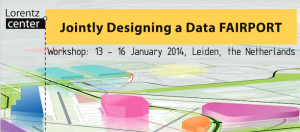
Marking the 10 th anniversary of the formulation of the FAIR principles, we have one of our GigaBlog Q&A’s with Peter-Bram ’t Hoen, Alain van Gool, Anna Niehues and Casper de Visser from the Netherlands X-omics Initiative and Radboud University Medical Center in Nijmegen, authors of a new paper on publishing FAIR workflows.
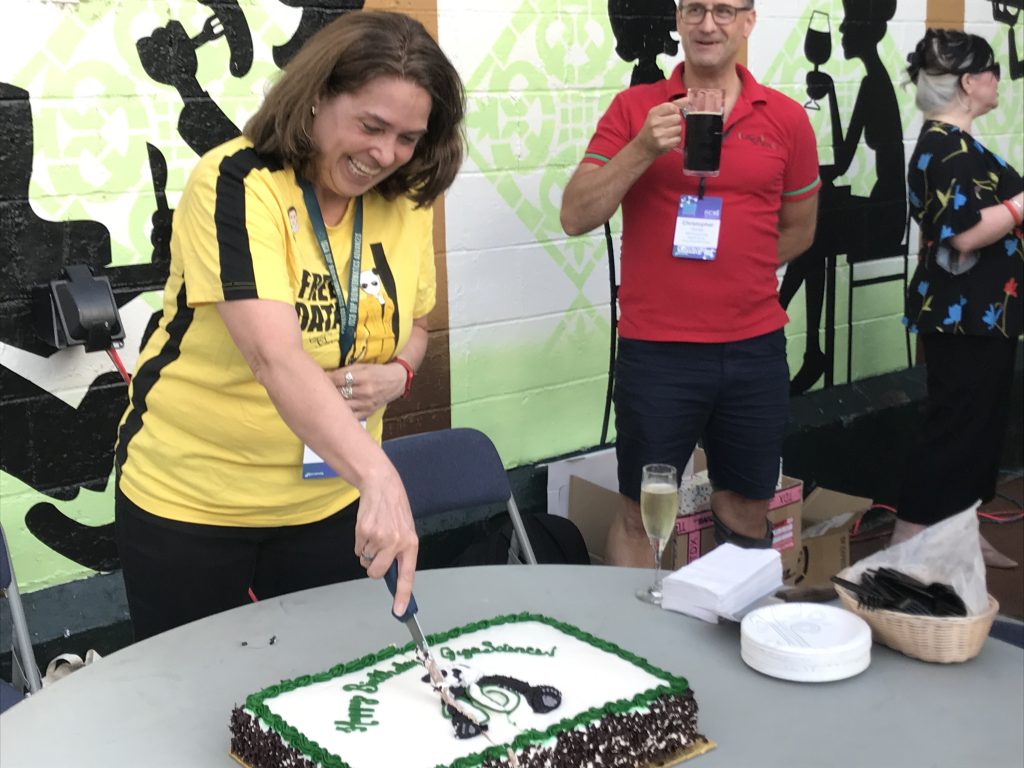
It was a year to remember, for more than one reason: 2022 marked the 10th anniversary of GigaScience ’s launch. The journal’s younger sibling GigaByte got an award and continued to innovate with living documents and its first trilingual article. And we published lots of memorable research, featuring, for example, a giant tortoise and 26 deadly snakes.
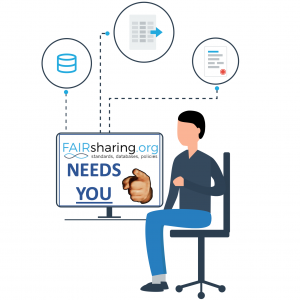
As part of the FAIRsharing Community Network (see previous blog) and joint Force11 and Research Data Alliance (RDA) FAIRsharing Working Group we have been involved in efforts to develop a shared, cross-publisher list of recommended data deposition repositories. The first fruits of these are a preprint from the working group and DataCite (of which we are also members) summarising what we feel should be the key criteria for selection.
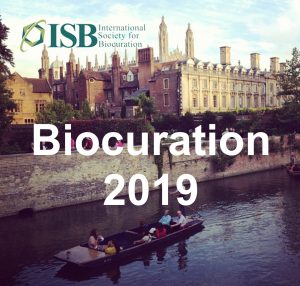
The 12th International Biocuration Conference was held in Cambridge, UK from April 7-10th 2019. As regular participants of the meeting you can read our write-ups of the meeting going back to 2012. This is a forum for biocurators and developers to discuss their work and to promote collaboration.
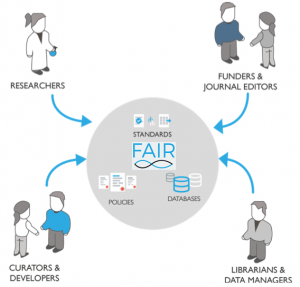
FAIRer Sharing via FAIRsharing Image from FAIRsharing.org. Our aim at GigaScience is to provide the means to open up and share research data. On top of just making these available via our (new look) GigaDB database, we’ve been involved with communities that wants to maximize the utility of these research outputs by making them FAIR: Findable, Accessible, Interoperable and Reusable.
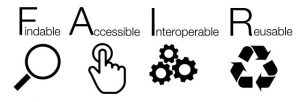
Following FAIR principles is good for your colleagues, it’s good for the community, and it’s good for science. But what’s in it for the researcher, in return for committing to open science?